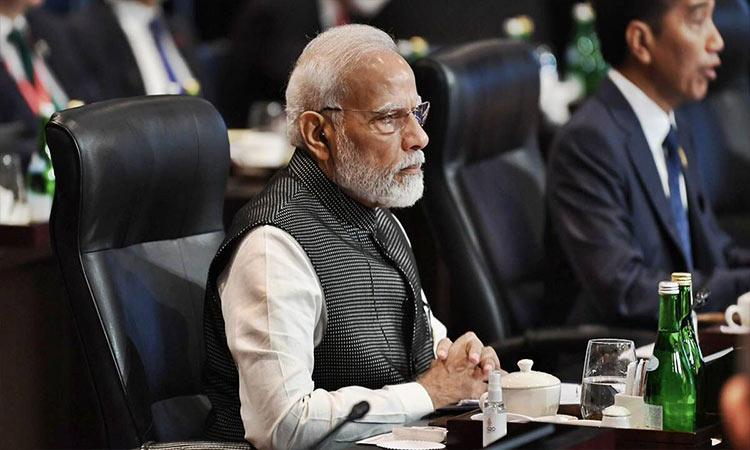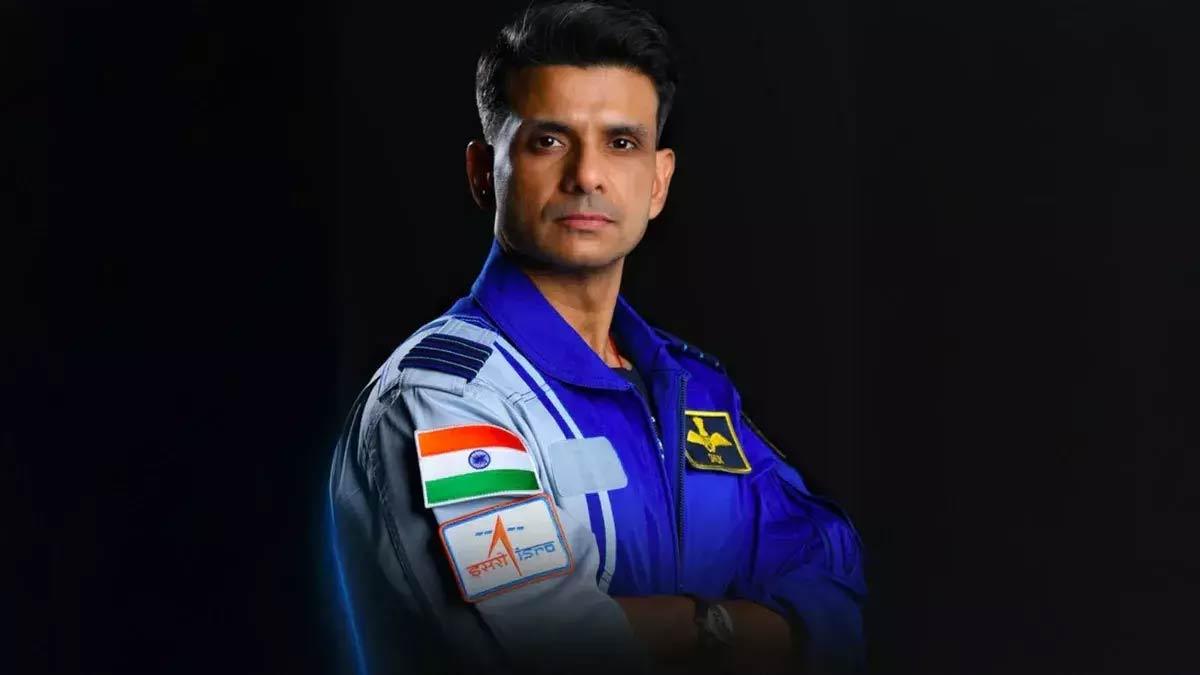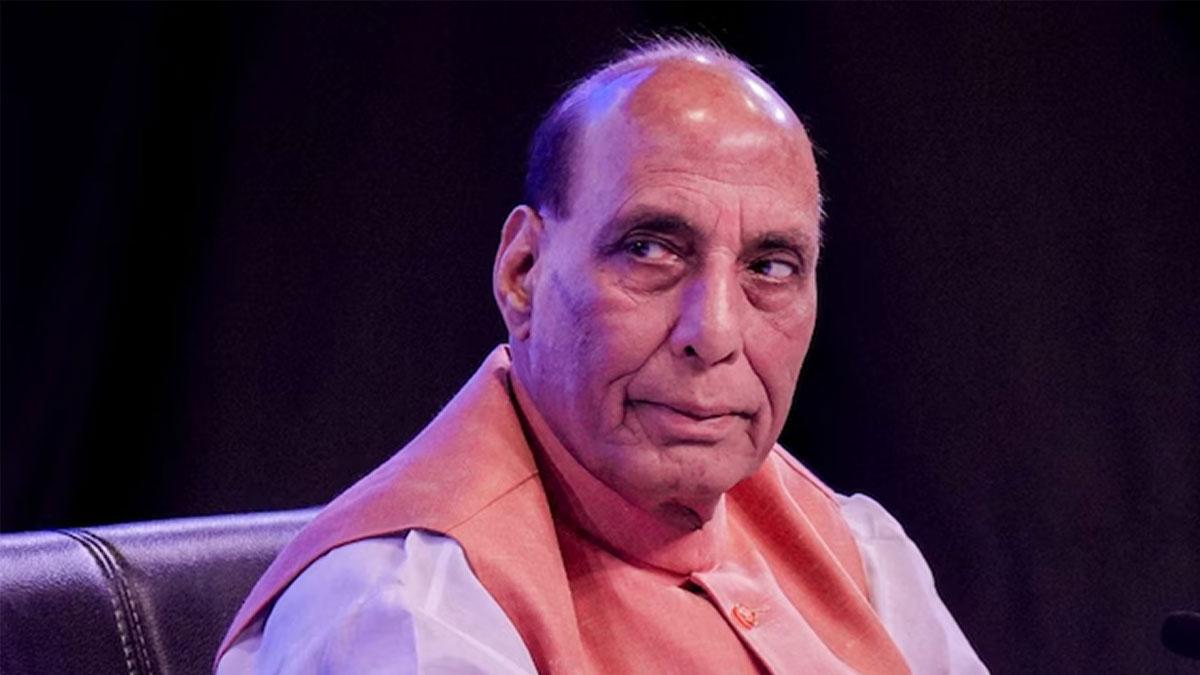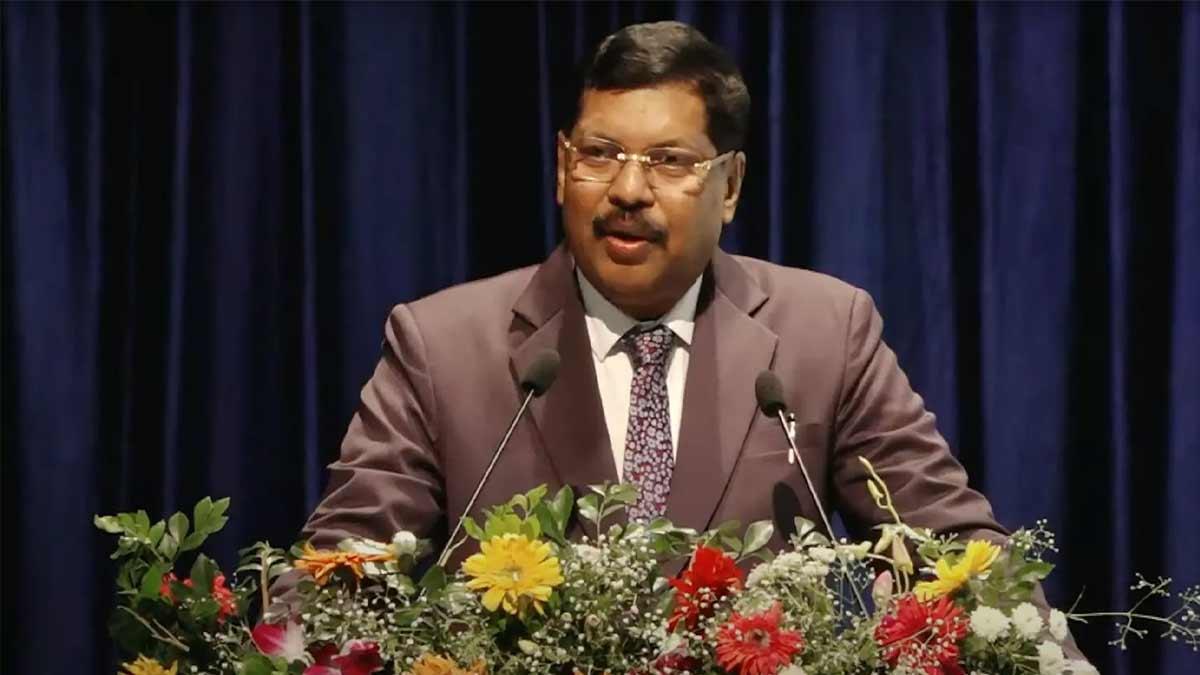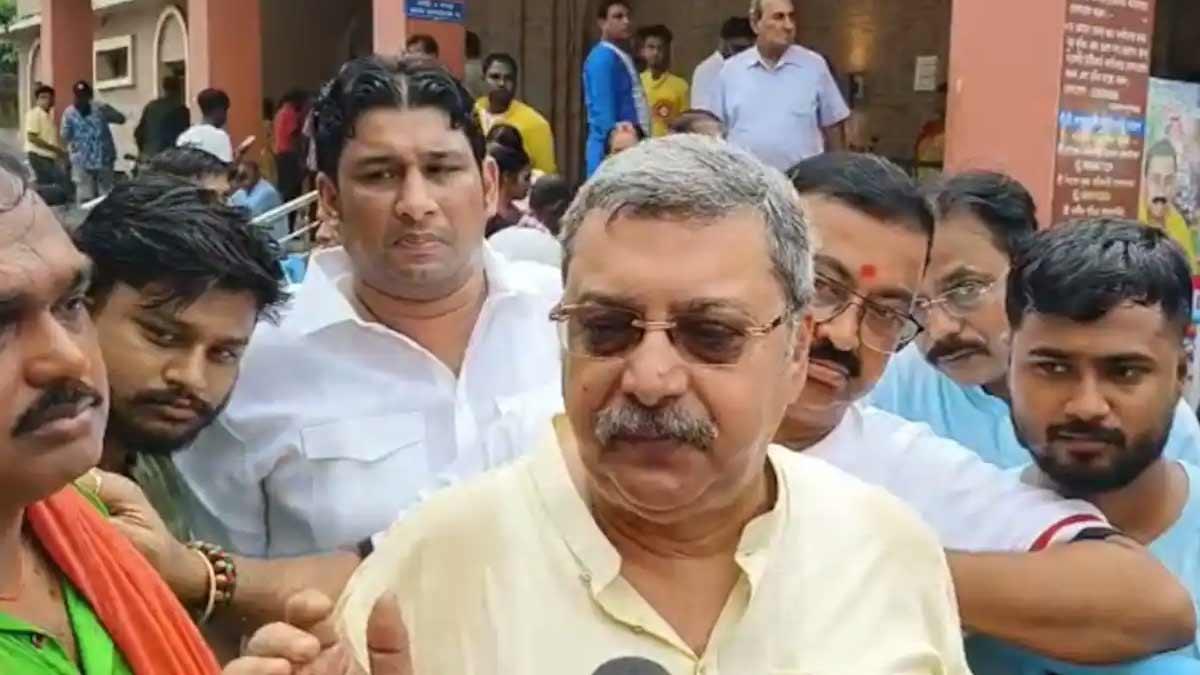Prime Minister Narendra Modi on Tuesday underlined the need to ensure collective peace, harmony and security in the world.
Addressing the G20 summit in Bali, which got underway ealier in the day, Modi said, "The responsibility of creating a new world order for post-Covid lies on our shoulders. The need of the hour is to show concrete and collective resolve to ensure peace, harmony and security."
Referring to the next G20 meet which is scheduled to be held in India, the Prime Minister further said, "I am confident that when G20 meets in the holy land of Buddha and Gandhi, we'll agree to convey a strong message of peace to the world."
Referring to the Ukraine conflict, Modi emphasised that the world has to find a way to ensure ceasefire and return to diplomacy.
Citing the example of the second World War and the havoc created by it, the Prime Minister said that world leaders then had made serious efforts to ensure peace "and now it is our turn".
Global supply chains are in ruins, the Prime Minister noted due to the prevailing geopolitical situation, which has led to a crisis of essential goods globally.
Also Read | POCSO not meant to criminalise consensual relationships: Delhi High Court
"Today's fertilizer shortage is tomorrow's food crisis, for which the world will not have a solution. We should build a mutual agreement to maintain the supply chain of both manure and food grains," Modi said in his address in Bali.
"By 2030, half of our electricity will be generated from renewable sources. Therefore time-bound and affordable finance and sustainable supply of technology to developing countries is essential for inclusive energy transition," he noted further.
Highlighting the significance of India's energy-security, Modi said that it is important for global growth, since it's among the world's fastest growing economies.
"We must not allow any restrictions on supply of energy and therefore stability in the energy market should be ensured," he said, adding that India is committed to clean energy and environment.
G20 summit begins; economic recovery, climate change high on agenda
The 17th G20 Summit kicked off on Tuesday in the Indonesian resort island of Bali, with issues pertaining to world economic recovery, world health systems and climate change taking the centre stage.
During the two-day summit under the theme "Recover Together, Recover Stronger", other issues including digital transformation and food and energy security will also be discussed, reports Xinhua news agency.
Addressing the opening ceremony of the summit, Indonesian President Joko Widodo said he hopes that the summit can be a catalyst for inclusive global economic recovery.
Being responsible means respecting international law and the purposes and principles of the UN Charter consistently, and creating win-win not zero-sum situation, the President stressed.
"We should not divide the world into parts," Widodo said, calling on the world to act wisely, shoulder the responsibility and show their leadership.
The summit comes as the world is facing multiple challenges such as the fragile economic recovery, the prolonged Covid-19 pandemic, an inflation higher than seen in several decades, tightening financial conditions in most regions, among others.
The International Monetary Fund in October projected the global economy to grow by 3.2 per cent this year and 2.7 per cent in 2023, with a downward 0.2-percentage-point revision for 2023 from the July forecast.
The international community pins its hope on major economies to strengthen coordination on macroeconomic policies and promote multilateralism, openness, inclusiveness and win-win cooperation at the summit.
Established in 1999, the G20 is a central forum for international cooperation on financial and economic issues.
It comprises 19 countries plus the European Union.
The countries are Argentina, Australia, Brazil, Canada, China, France, Germany, India, Indonesia, Italy, Japan, Mexico, Russia, Saudi Arabia, South Africa, South Korea, Turkey, Britain and the US.

